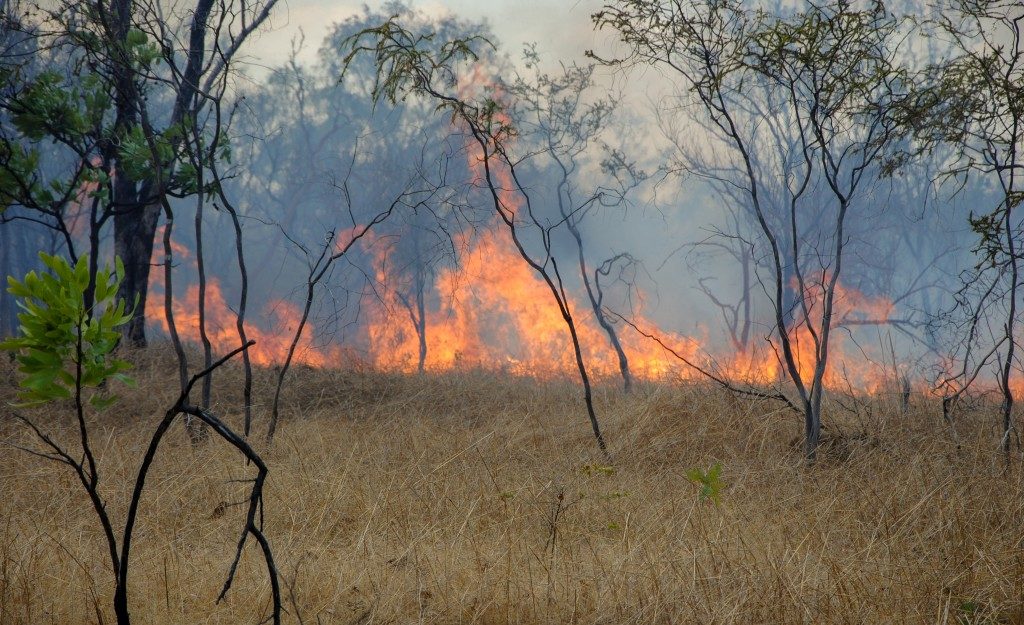Scientists warned that rising global temperatures caused by climate change will lead to stronger heatwaves and more frequent bush fires. If this is the future, we all should start preparations so that, when the time comes, we will be able to protect ourselves, our families, and our livelihoods.
Be Better Equipped
Areas that experience extreme heat and dryness are vulnerable to bushfires. Typical agricultural settings, therefore, are at risk.
When the temperature rises, there should be adequate fire extinguisher places in areas that are easily accessible in case of an incident. There are two types of extinguishers: the powder extinguisher (electrical and petroleum-based fire) and the water extinguisher (vegetative fire).
If the budget permits, there are also ATV spray units for sale so you can bring water in any area of your property and extinguish fire that may have already started.
Keep Flammable Materials Away from Each Other
When storing dry hay, place it in an area where there are no combustibles within reach such as pesticides, fertilizers, and gasoline. Leave a huge gap of bare ground or rocks in between the bale groups to create a fire break.
You may also monitor the temperature of hay to prevent spontaneous combustion. Insert a thermometer in the middle of the stack and make sure that it stays below 175 degrees Fahrenheit. If the temperature climbs higher, you may need to ask for assistance to remove hot hay from storage.
Take Care of Heavy Machinery
-
- Regularly inspect your machinery before use. Immediately repair or replace parts that are showing signs of wear and tear.
- Watch out for hydraulic or fuel leaks, as both substances are highly flammable. Clean any spills as soon as you notice them and repair where the leak is coming from.
- To care for your baler, remove any trash or plants that may have accumulated. Blow off dust and dry stems and leaves to avoid combustion.
- Keep the baler free of oil, grease, or hydraulic fluid accumulation.
- Shut off engine and electrical equipment while you fill the tank with fuel. Do not overfill the fuel tank to prevent spillage that may spark a fire.

Be Careful Around Using Fire
Never leave a fire unattended. If there is an instance where you need to weld, make sure to do it in a place that has no flammable materials nearby. Do not weld near pipes, tubes, and hoses that may contain gas, oil, or hydraulic fluid.
More importantly, do not smoke near baler, tractors, or anything that may spark a fire. A common cause of bushfires is cigarette butts that people have carelessly discarded.
Prepare for the Worst-Case Scenario
Always charge your smart devices so you can call the fire department as soon as a bushfire appears. Spray water on surrounding vegetation or structures to prevent the fire from spreading, but do not risk it if the fire has worsened and may endager your life.
Evacuate livestock if you can. If the fire is structural, remove materials that may also catch flames and turn off building electricity.
Construct an evacuation plan ahead of time. Write down a list of emergency supplies, such as medication if a member of your family is sick, and pack them up. Identify a safe route that you and your family will take once a fire breaks.

